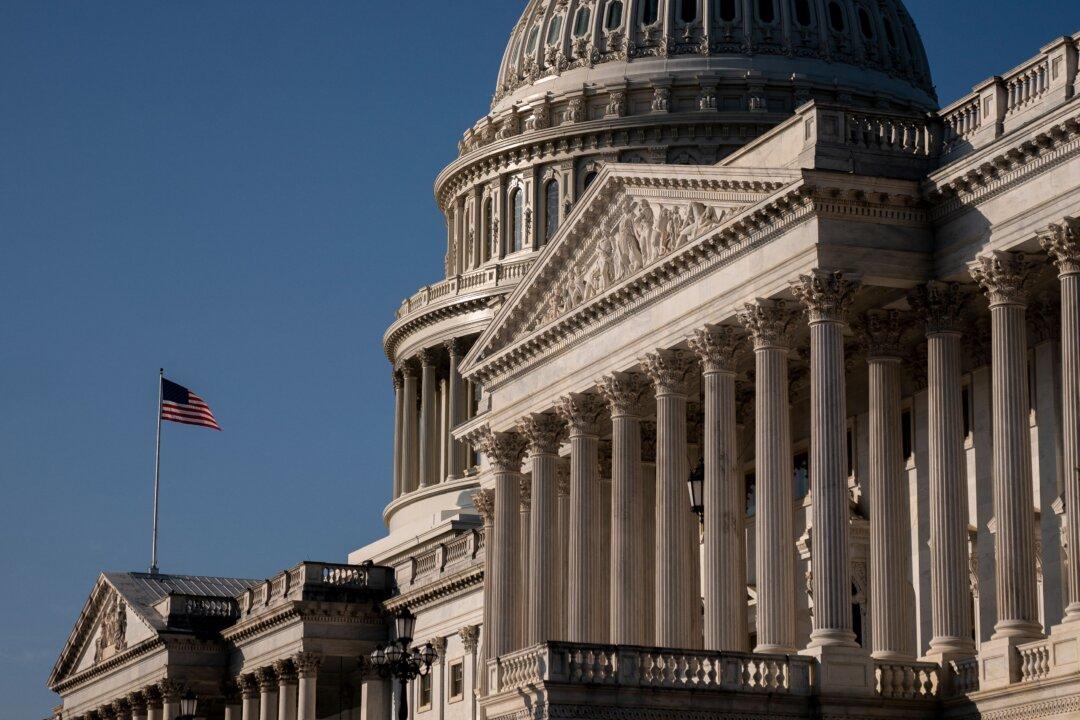The U.S. House of Representatives on March 22 approved legislation that would require the State Department to regularly review and provide updated reports on its guidelines for U.S. engagement with Taiwan.
The Taiwan Assurance Implementation Act, introduced on Feb. 24 by Rep. Ann Wagner (R-Mo.), was approved in a nearly unanimous vote of 404–7.




